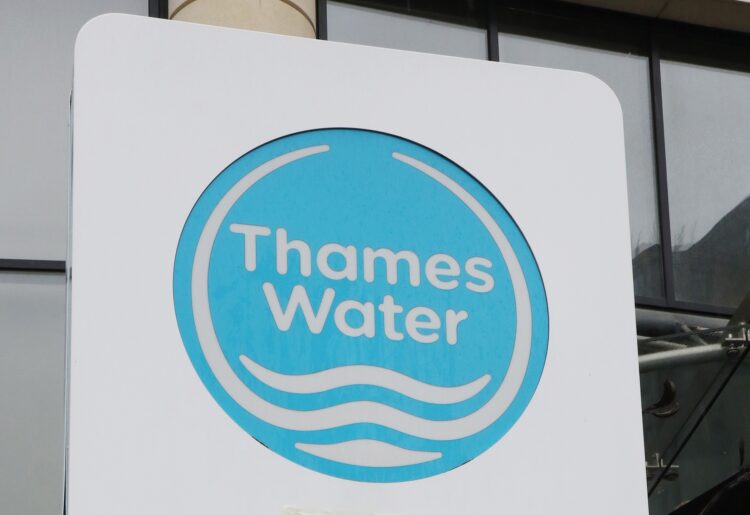THAMES Water has won court approval to secure significant financial aid from creditors amid continued financial struggles.
While some creditors have already promised funding, the company sought to secure £3bn to avoid temporary nationalisation as a result of rising debts.
Court proceedings saw the first step in securing the funding on Tuesday, December 17, when the court approved the funding from a minority of creditors.
The decision concerns a debt restructuring plan following the announcement that its net debts had grown to £15.8bn–an increase of more than £1bn since this time last year.
Thames Water has warned that without support it could face nationalisation as soon as March.
The £3bn approval would see the company able to fund operations until around October next year
Approval was needed because the proposed loan would represent a breach of its agreement with existing creditors.
The court decision was beset with protests from activists, members of the public, and even politicians, who gathered outside the High Court in London in an effort to persuade judges to block the approval.
They argued that the bailout would be costly to customers, with the public advocacy group We Own It having published an open letter to the judges of the case.
The letter explained: “It is our understanding that the plan entails using the restructuring to enable Thames Water to borrow up to £3bn in Super Senior Secured Debt to meet its liquidity needs, of which the details have only recently been disclosed to the public.
“From the term sheet of the transaction (which has publicly been disclosed), we calculate that the cost of interest, bondholder consent fees and the fees to advisors could easily approach or exceed £1 billion in due course.
“Although advisors have argued that these fees and interests are somewhat pre-funded, it is obvious that the consumer as the sole source of revenue will indirectly fund this amount by way of increases in their water bills.”
It comes just weeks after the company reported a rise in pollution incidents in recent months, attributing the rise to wet weather experienced through spring and summer.
In the six months leading up to September 30, the water supplier recorded a 40% increase in pollution incidents, amid continued criticism for its environmental impact.
A Thames Water spokesperson said following the ruling: “The Board and leadership team remain focused on turning round the business and continue to believe a market-led solution is the best financial and operational outcome for customers, the environment, UK taxpayers and the UK economy.
“We have a robust plan that we are confident delivers on this objective, and this court process is an important step on the path to putting the company back on a stable financial footing.”

















































